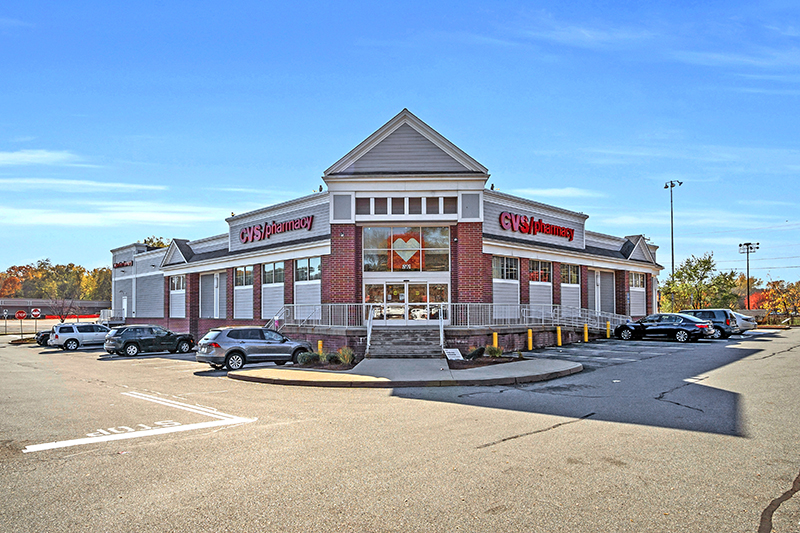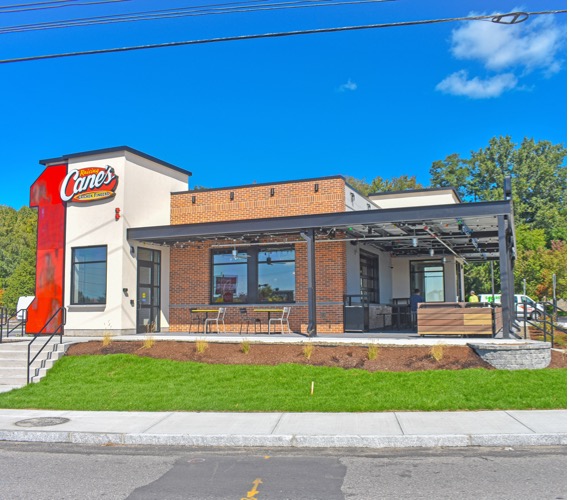Congress concludes $1.1 trillion omnibus; adjourns for 2015
New York, NY Several ICSC priorities, including Efairness, were not included in this end of the year package. Through ICSC member outreach and an advocacy effort by the Marketplace Fairness Coalition (led by ICSC’s Vice President of Federal Operations Jennifer Platt) Efairness proponents were successful, however, in thwarting legislation that would have set back our efforts on Efairness. Senator Ron Wyden (D-OR) attempted to permanently extend the moratorium on internet access taxes (PITFA), which Efairness Senate sponsors have always insisted be combined. While a one-year extension of the moratorium was included in the omnibus, the PITFA fight will return in 2016 and ICSC will be asking members to continue to advocate the important policy reasons to maintain a connection between Efairness and the Internet moratorium until a resolution can be reached.
ICSC is pleased that the commercial real estate community’s effort to expand opportunities to attract foreign capital was finally adopted as part of the Protecting Americans from Tax Hikes (PATH) Act. Along with the provisions impacting the Foreign Investment in Real Property Tax Act (FIRPTA) were limitations for Real Estate Investment Trust (REIT) spin-offs from non-real estate companies. Another positive is the 15-year depreciation schedule for retail, restaurant and leasehold improvements made permanent. New Markets Tax Credits and bonus depreciation were both extended through 2019.
There are several areas where Congress rejected priorities of ICSC and the business community:
No movement on fixing the Efairness problem.
No inclusion of provisions to stop the EPA from implementing the Waters of the U.S. (WOTUS) rules.
No provisions to stop the Department of Labor fiduciary rules.
No provisions to stop the National Labor Relations Board (NLRB) joint employer rules.
No provisions to address union efforts to create micro-unions and fast track union organizing.
On the energy/environmental policy front, the tax extenders package contains a five-year “ratchet down” extension of the solar investment tax credit. The current Solar ITC was slated to drop from 30% to 10% on December 31, 2016, making preferable this slower phase-down from 30% to 10% over five years instead of the precipitous drop that may have occurred next year. The bill also contains the “commence construction” eligibility that was sought by solar operators and consumers alike.
As expected, Sec. 179D tax deduction for energy efficient commercial and multifamily buildings is proposed for a two-year extension, one-year retrospective for 2015 and one-year prospective for 2016. The Sec. 179D ASHRAE standards are also updated from 2001 to 2007. The extension of energy efficient commercial buildings deduction extends through 2016 the above-the-line deduction for energy efficiency improvements to lighting, heating, cooling, ventilation, and hot water systems of commercial buildings. The provision also modifies the deduction for energy efficient commercial buildings by updating the energy efficiency standards to reflect new standards of ASHRAE beginning in 2016.
The house and senate will be out of session until January. For more information, please contact the ICSC office of Global Public Policy at gpp@icsc.org.
Mace of KeyPoint Partners negotiates 36,192 s/f lease for The Picklr at Endicott Square
Danvers, MA KeyPoint Partners (KPP) negotiated a lease with the nation’s premier indoor pickleball venue The Picklr at Endicott Sq. Vice president of retail brokerage Don Mace negotiated the transaction on behalf of the landlord.





.jpg)


.png)